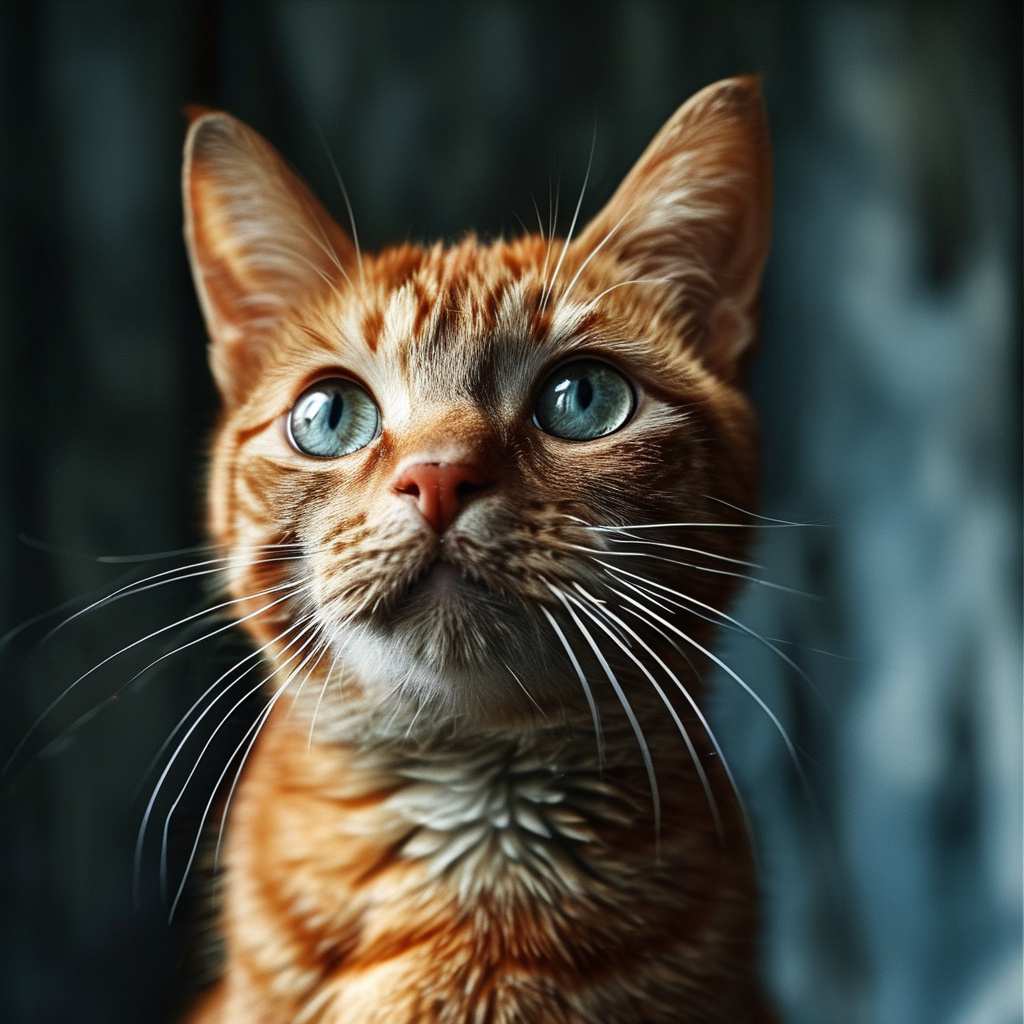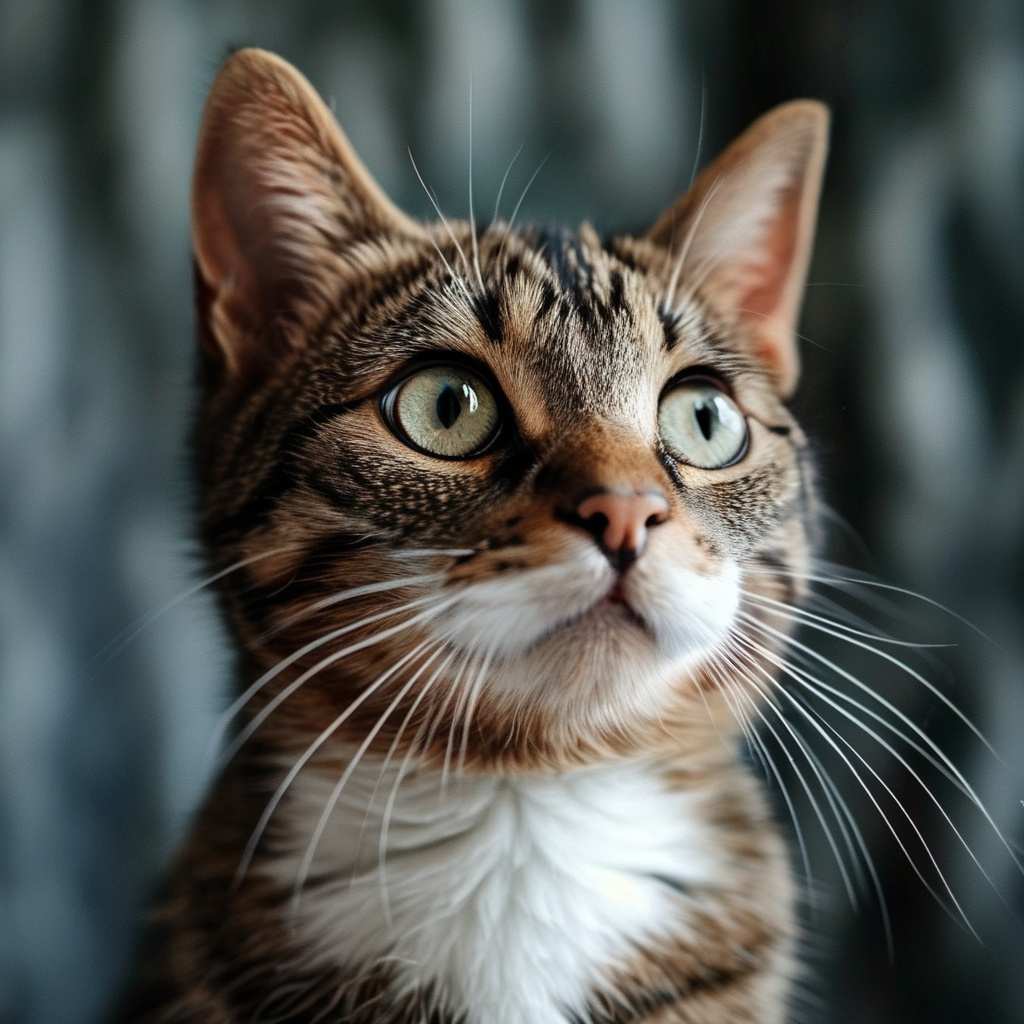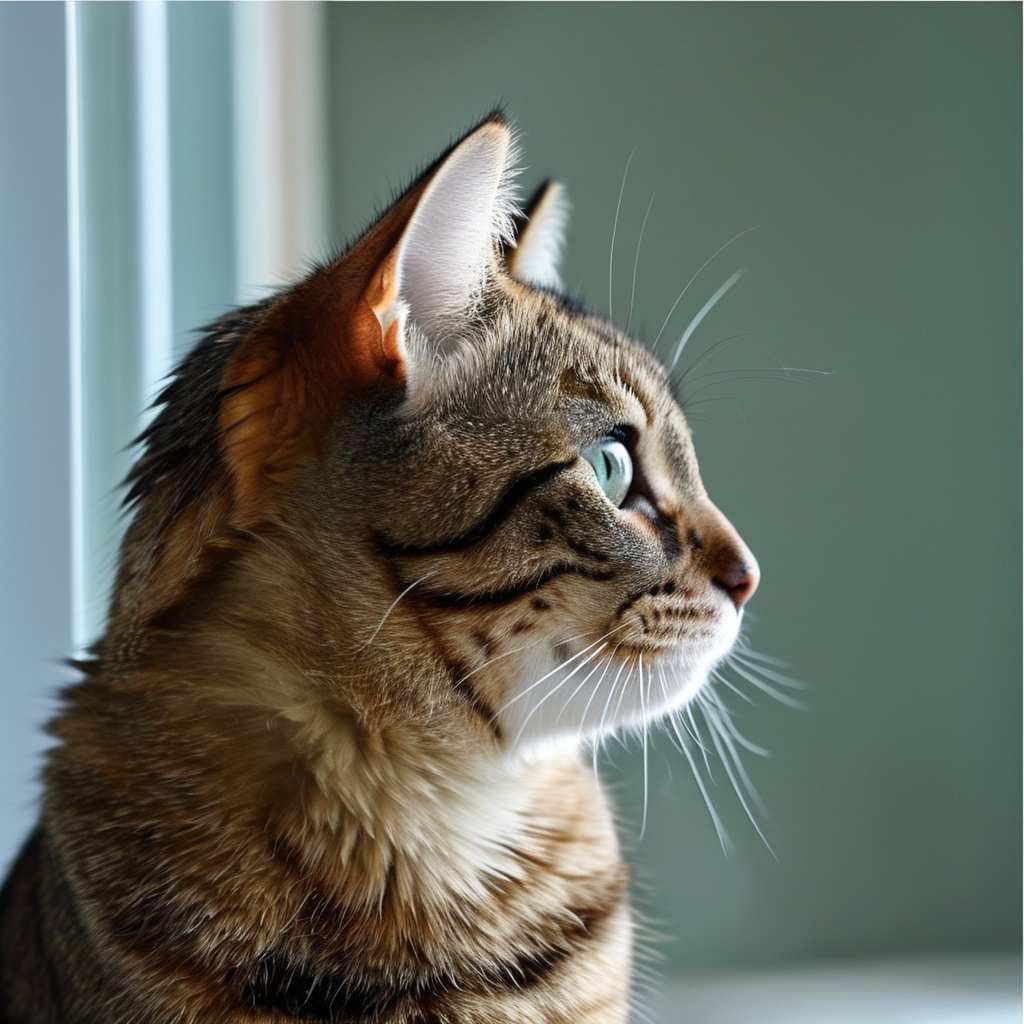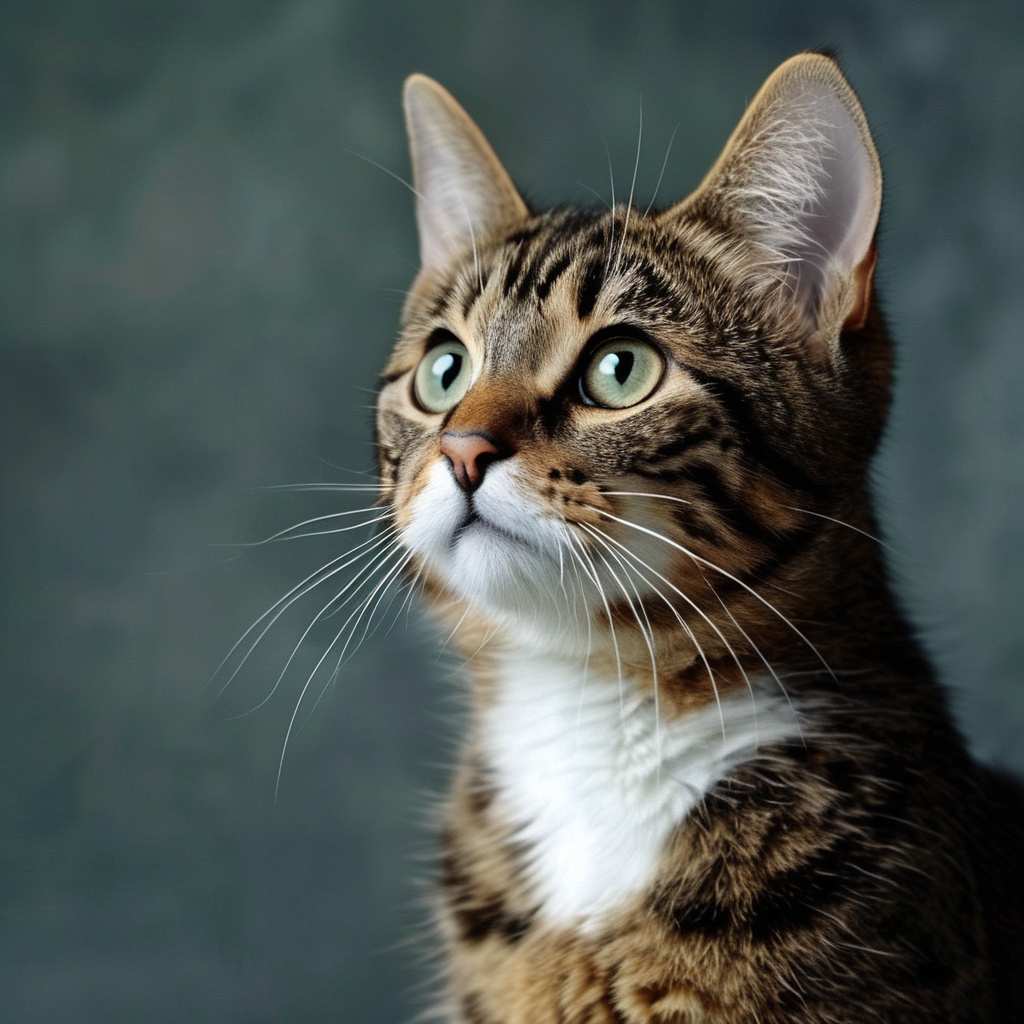
Introduction:
Cats are independent creatures, but their health requires just as much care and attention as any other pet. Many common feline ailments may appear minor at first, but if left untreated, they can lead to serious complications. Vomiting, urinary tract diseases, and parasites are just a few of the health issues that frequently bring cats to the veterinarian. It’s important for cat caretakers to recognize the symptoms early to ensure proper treatment. This article highlights ten of the most common problems that cats face and emphasizes the importance of prompt veterinary care to keep your feline friend healthy.
Related Post: The Unique Charm of Thai Cats: A Return to the Original Siamese Look
The most common feline ailments may not seem dangerous, but if underestimated, they can lead to serious illness. Below is a list of the ten most common problems that cat caretakers face that require a visit to the veterinarian.
1. Vomiting in cats
This is one of the most common health problems in cats. There is no single cause. It can be caused by eating food that is not fresh or toxic, kidney disease, foreign bodies, hypertrophy, diabetes, etc. The symptoms are usually quite obvious. In addition, there may be salivation and abdominal pain.
It is worth remembering that sometimes, taking a sample of the vomit or taking a photo can help your veterinarian decide whether the cat needs treatment. This is especially important if you suspect poisoning.
Related Post: Catnip and Feline Euphoria: A Closer Look at the Science Behind the Magic Herb
2. Feline Lower Urinary Tract Disease (FLUTD)
FLUTD is a (sadly) common disease in cats. Many factors influence the onset of the disease.
It affects both males and females. Overweight or obese animals and those fed dry food are more likely to get it. Stress or sudden changes can also contribute to the onset of the disease.
The symptoms of FLUTD are
– Problems urinating: urination may stop completely
– Blood in the urine
Urinating in strange places (pots, cabinets, under the couch, etc.) due to pain!
Meowing while urinating
Licking the belly and urethra area
Apathy
Loss of appetite and reluctance to drink
Vomiting
 The inability to urinate is ALWAYS an emergency and can result in your cat’s death. In such a case, you must see a veterinarian immediately.
The inability to urinate is ALWAYS an emergency and can result in your cat’s death. In such a case, you must see a veterinarian immediately.
Related Post: The Energetic and Stubborn Yorkshire Terrier: A Complete Guide
3. Fleas
Fleas are probably the most common external parasite on cats. Fortunately, they are easy to get rid of. A little harder at home. (Read: Fleas – what you need to know).
Symptoms of fleas are
Live fleas or flea droppings on the skin
persistent scratching
persistent licking
Red and irritated skin
Baldness
Skin infections
Flea control is done with products that not only kill adult fleas, but also inhibit the development of new fleas. Therefore, it is better to see a veterinarian who will select the best treatment program. Remember to deworm your cat after flea treatment.
In young kittens, fleas can cause weakness and even anaemia.
Your veterinarian will also recommend treatment for skin infections.
Related Post: Essential Tips for Creating a Happy and Healthy Home for Your Hamster
 Some cats are very sensitive to flea saliva. Again, your veterinarian will recommend treatment to reduce discomfort and minimize this reaction.
Some cats are very sensitive to flea saliva. Again, your veterinarian will recommend treatment to reduce discomfort and minimize this reaction.
4. Internal Parasites
Unfortunately, your cat may have parasites. In addition to the most common tapeworms, protozoa should also be considered. Symptoms of internal parasites include diarrhoea, vomiting, loss of appetite, weight loss, skin reactions, and coughing.
This is especially true for outdoor cats, but this does not mean that typical indoor cats are not exposed to these parasites. Adult cats should be dewormed every three months.
For hunting cats, the veterinarian will determine a separate procedure.
5. Diarrhea
As with vomiting, there are many factors that can cause diarrhea in a cat. These include food poisoning, parasites, allergies, infections, cancer, etc.
The symptom of diarrhea is watery stools. Depending on the cause, diarrhea can last a day, several days, or several weeks.
If your cat has diarrhoea, encourage him to drink fresh water. If diarrhoea lasts more than 24 hours, take your cat to the vet. It is advisable to collect a faecal sample. Acute cases may require hospitalization for rehydration, pain relief, and diagnosis.
Diarrhoea is especially dangerous in cats over 12 years of age.
 6. Eye problems
6. Eye problems
These diseases can be caused by mechanical, autoimmune, genetic, or infectious agents. They manifest as conjunctivitis, corneal ulcers, cataracts, glaucoma, etc. It happens that eye problems are a reflection of another ongoing disease. Therefore, they should not be underestimated. Eye disease will never go away on its own, and delaying a visit to the vet can make your cat’s condition worse. Oozing from the eye, squinting, an eye that is closed for a long time, an eye that appears to be a different colour, and an extension of the third eyelid always require veterinary attention. The veterinarian will perform an ophthalmologic examination and begin treatment or obtain material for further examination. Your veterinarian may also decide to treat the symptoms and refer your cat to an ophthalmologist for consultation.
7. Dental Diseases
Cats (and dogs) only signal gum and tooth problems when the condition is very serious. Symptoms usually include loss of appetite or apathy, anxiety, and an unpleasant odour from the snout.
Dental disease usually has a bacterial background and is associated with plaque buildup, gingivitis and, in the most advanced cases, the appearance of dental abscesses. Some cats may have gum problems from a very young age due to viral diseases and/or overreaction. These cats need special treatment.
All of these conditions require veterinary intervention and often anaesthesia to remove the source of the problem. Oral diseases can lead to kidney and heart disease and bone, eye and ear infections. They cause severe pain that makes it impossible to eat, resulting in cachexia. They are not to be underestimated and will not go away.
8. wounds from fights with other cats
Often caretakers do not know why the cat suddenly becomes apathetic, does not eat or drink, or becomes aggressive when you try to contact it. This is often followed by a high fever. These symptoms can be caused by abscesses from a fight with another cat. Sometimes a single scratch or bite can lead to an abscess that causes a high fever and severe pain.
Your veterinarian will recommend draining the abscess and administering appropriate pain medication and antibiotics. It may be necessary to remove the abscess several times! Such wounds should not be underestimated as they can lead to generalized infection!
9. Obesity
Feline obesity is a serious and, unfortunately, common problem. It also leads to other health problems such as diabetes or problems with joints, kidneys and liver.
If your cat’s body weight is correct, prevention of these diseases is usually successful. If the cat is already overweight, reducing the food ration should be done by a veterinarian, who should also rule out any co-morbidities.
10. Weight Loss
Often, a cat will present to the veterinarian with a change in behaviour and weight loss. In such cases, the veterinarian should order blood and urine tests to confirm or rule out the suspicion from the list of possible diseases. It is also advisable to have a cardiologic examination if your cat has never had one.
In the case of rapid weight loss, a visit to the veterinarian as soon as possible is recommended.
Conclusion:
Feline health issues, though sometimes underestimated, can quickly escalate if left untreated. From vomiting and urinary problems to obesity and fight wounds, each of the conditions discussed here requires timely intervention from a veterinarian to prevent further complications. Cat caretakers should always be observant and proactive, ensuring that they recognize early symptoms and seek veterinary help when necessary. By staying informed and taking quick action, you can help protect your cat from severe health problems and ensure they live a long, happy life.
FAQs:
- Why is my cat vomiting, and when should I see a vet?
Vomiting can have many causes, such as spoiled food, toxins, or underlying health issues like kidney disease. If vomiting persists or you suspect poisoning, it’s important to consult a vet immediately. - What is Feline Lower Urinary Tract Disease (FLUTD), and why is it dangerous?
FLUTD affects urination and can lead to life-threatening complications, especially if the cat cannot urinate. Symptoms include blood in urine, straining, and urinating in unusual places. Immediate veterinary care is essential. - How can I tell if my cat has fleas?
Fleas cause persistent scratching, licking, and skin irritation. You may also notice flea droppings or live fleas on your cat. Flea infestations should be treated promptly to avoid further complications like anemia or skin infections. - What should I do if my cat has diarrhea?
Diarrhea can result from a range of issues, from food allergies to infections. If diarrhea lasts longer than 24 hours, or your cat shows signs of dehydration, take your pet to the vet for treatment and diagnosis. - What are common symptoms of dental disease in cats?
Symptoms include bad breath, loss of appetite, and visible discomfort while eating. Dental disease, if left untreated, can lead to serious infections and other health problems, so a vet visit is important for proper care. - How can I help prevent obesity in my cat?
Maintaining a healthy weight through portion control and regular exercise is key. If your cat is overweight, consult your vet to create a weight-loss plan and rule out any underlying health issues. - Why do cats lose weight rapidly, and when should I be concerned?
Sudden weight loss can indicate serious health issues, such as diabetes, kidney disease, or hyperthyroidism. If your cat loses weight without an obvious cause, visit a vet immediately for diagnostic tests.
References:
- American Veterinary Medical Association: Vomiting in Cats
- Cornell University College of Veterinary Medicine: FLUTD
- ASPCA: Fleas and Ticks in Cats
- MSPCA: Internal Parasites in Cats
- VCA Hospitals: Diarrhea in Cats
- PetMD: Eye Conditions in Cats
- American Veterinary Dental College: Dental Disease in Cats